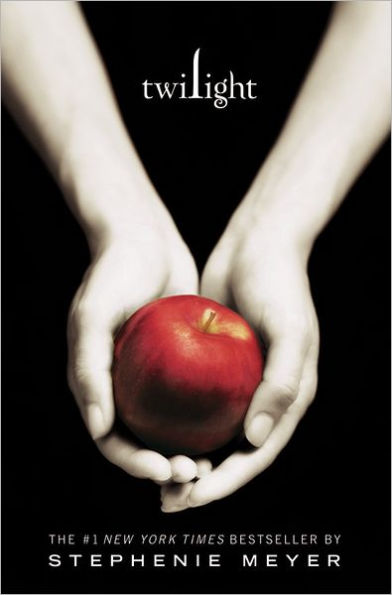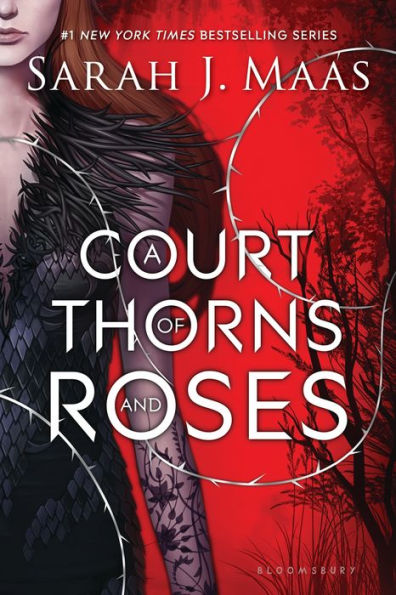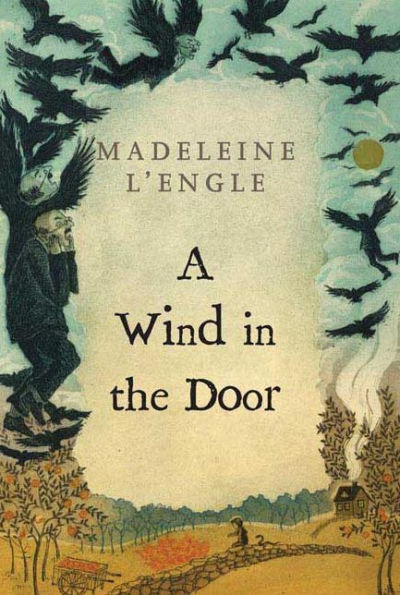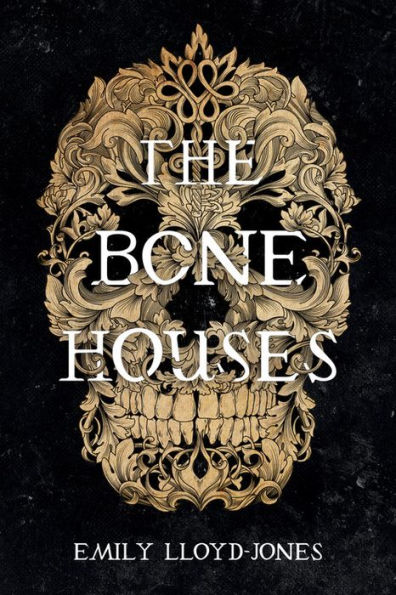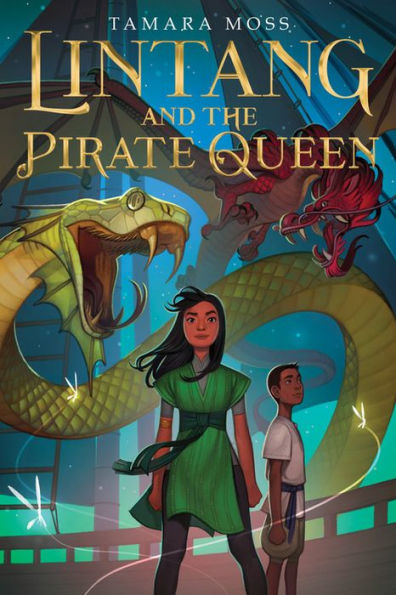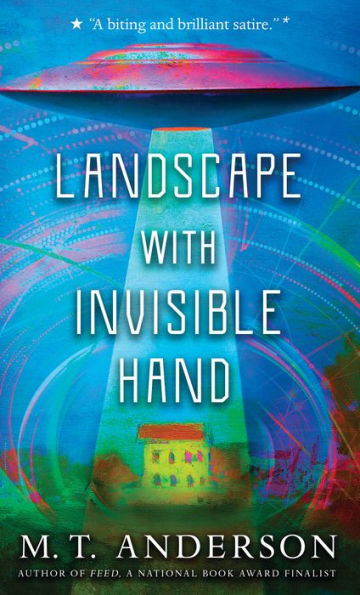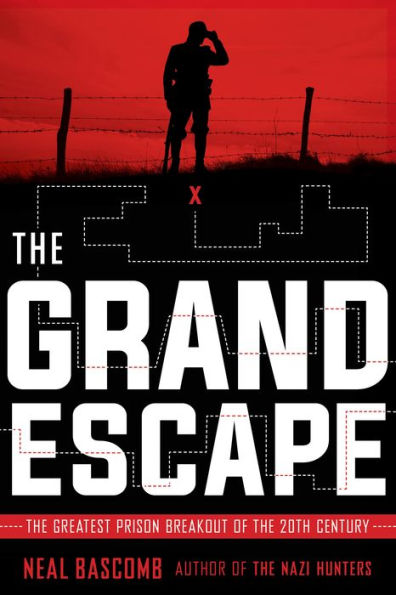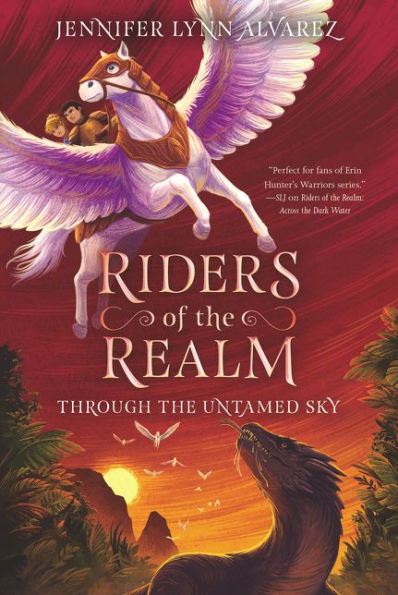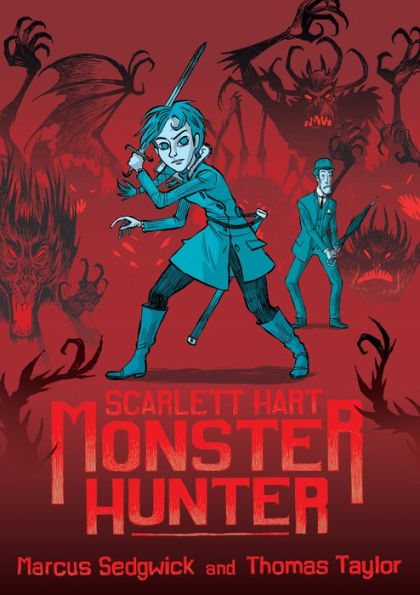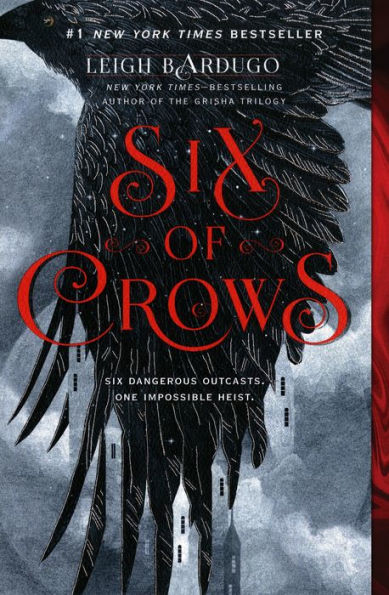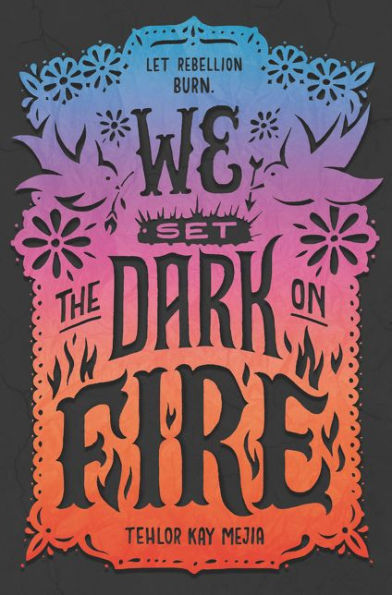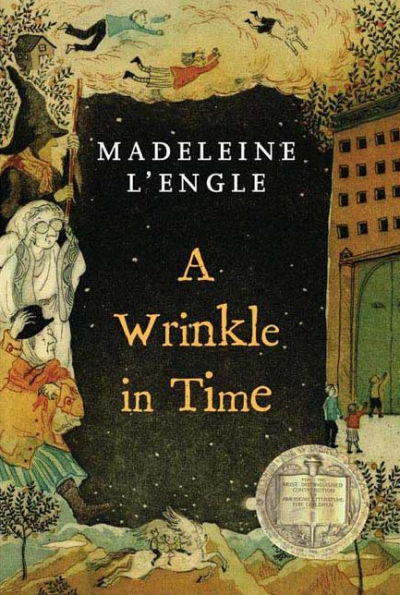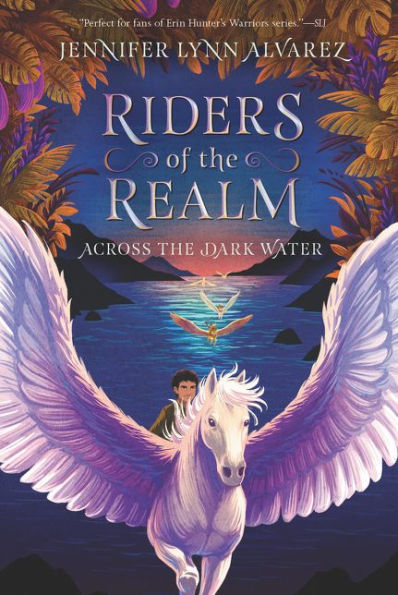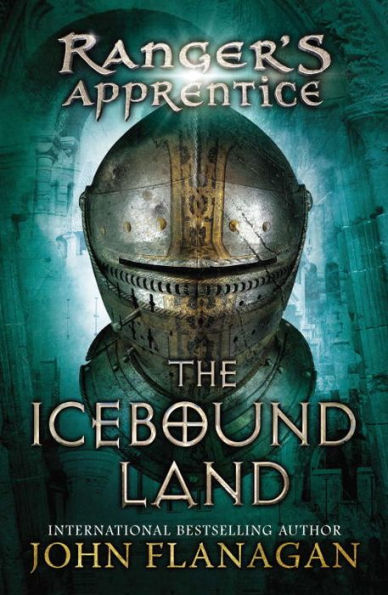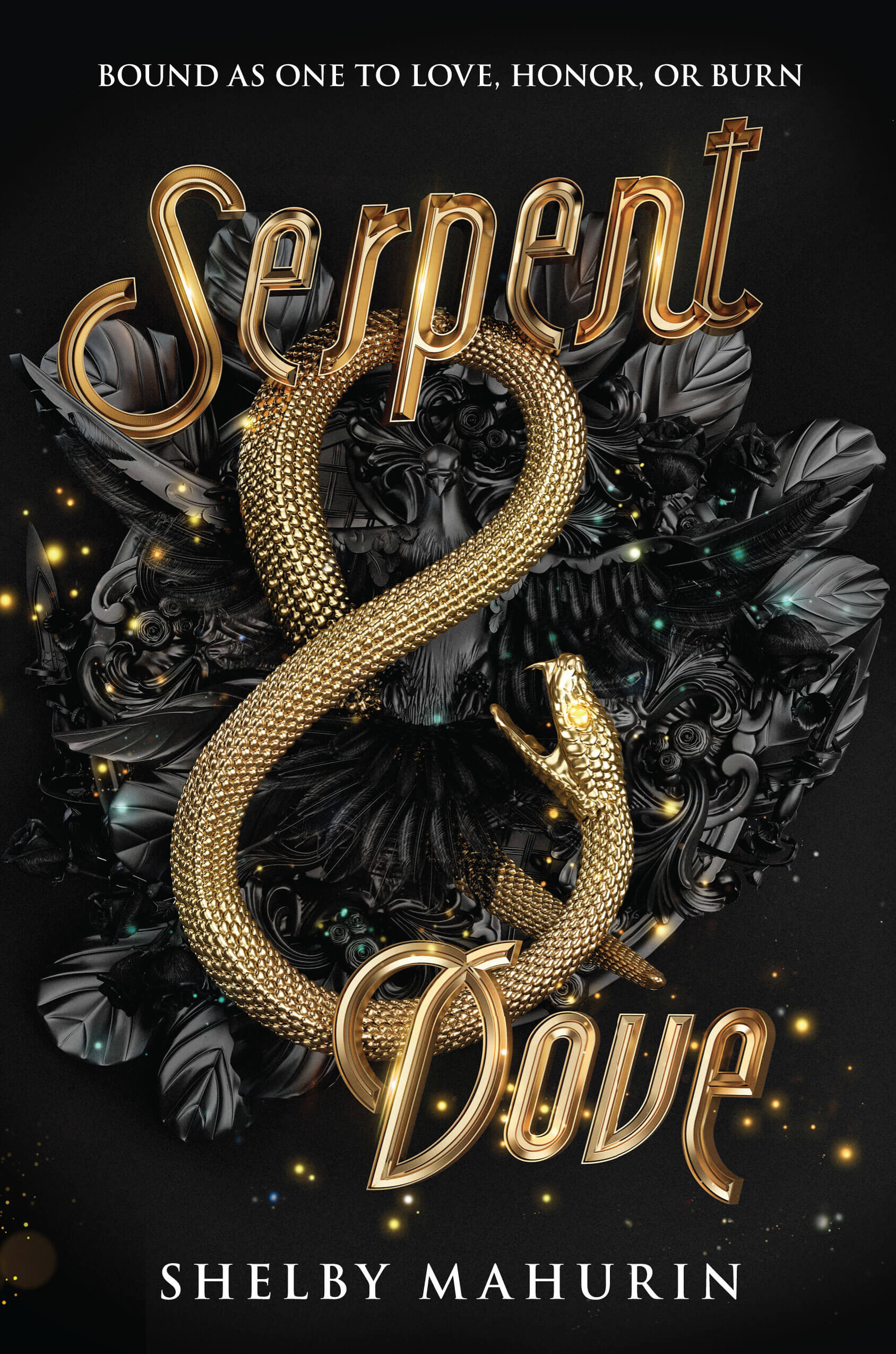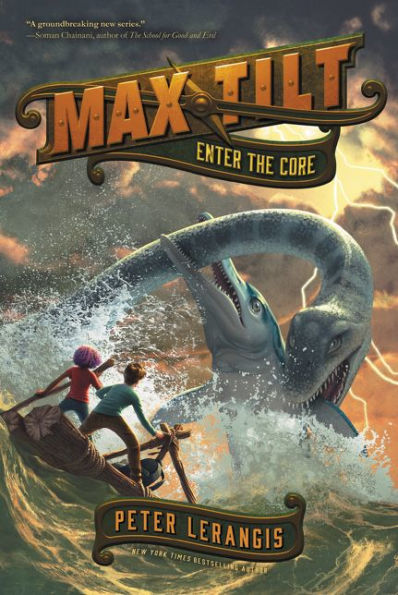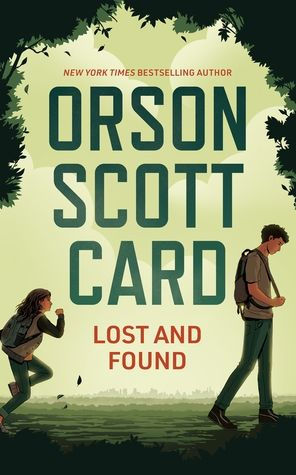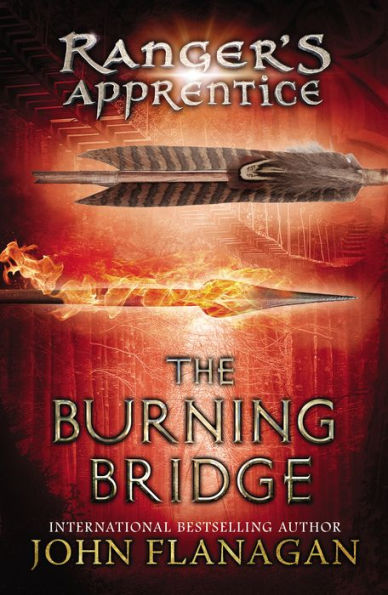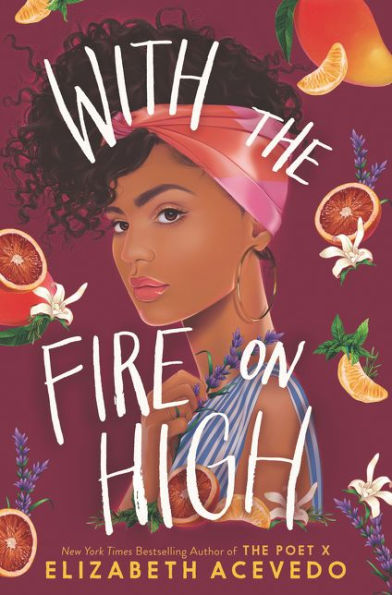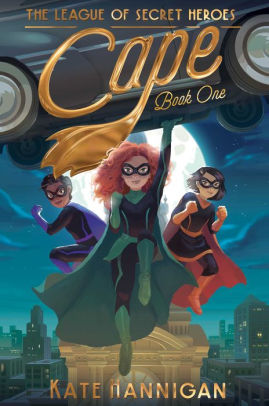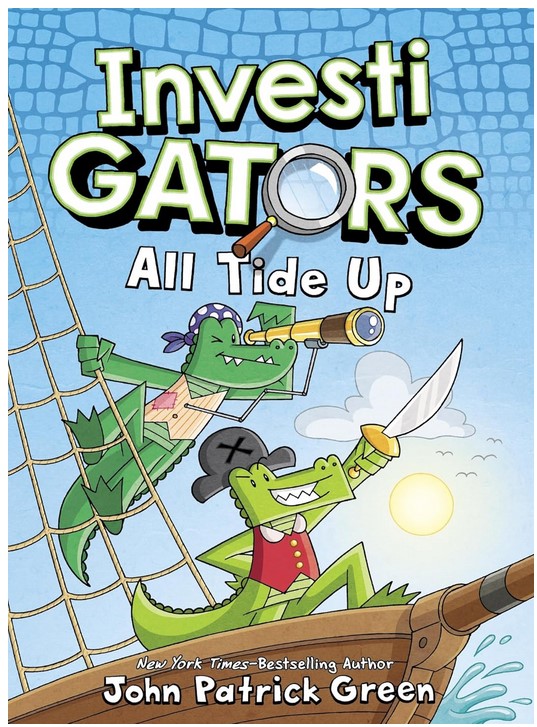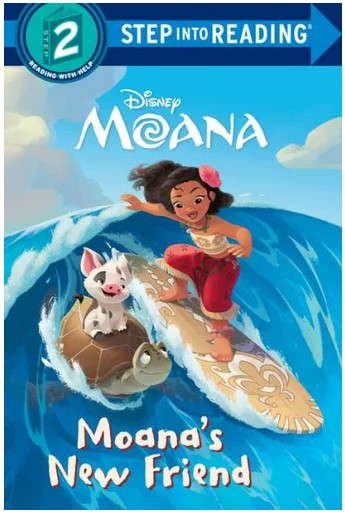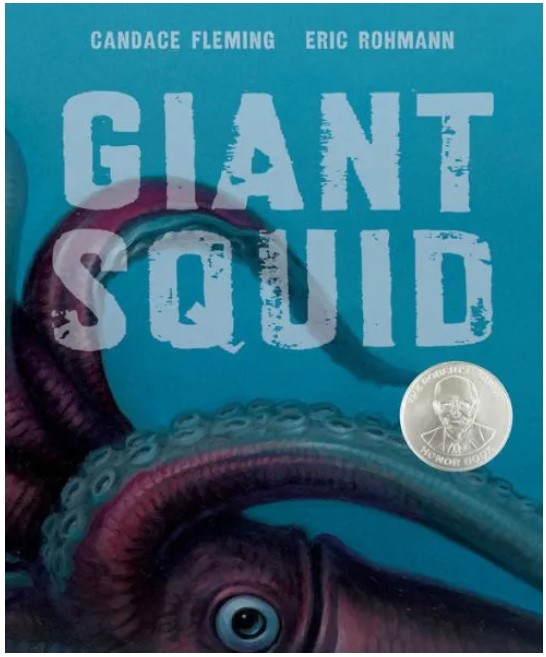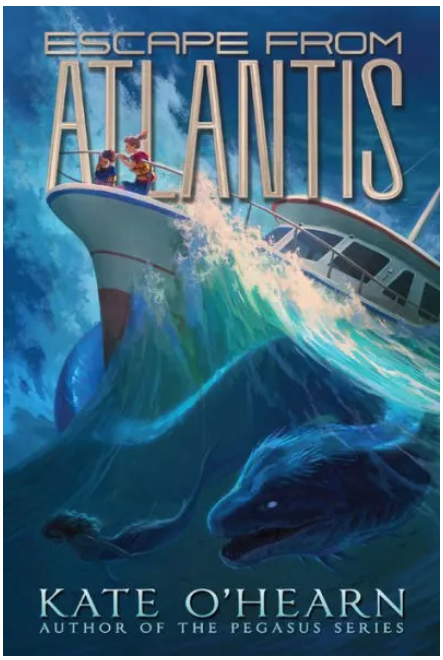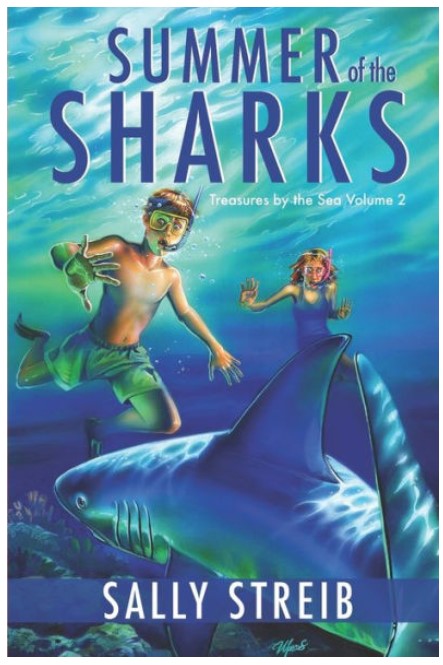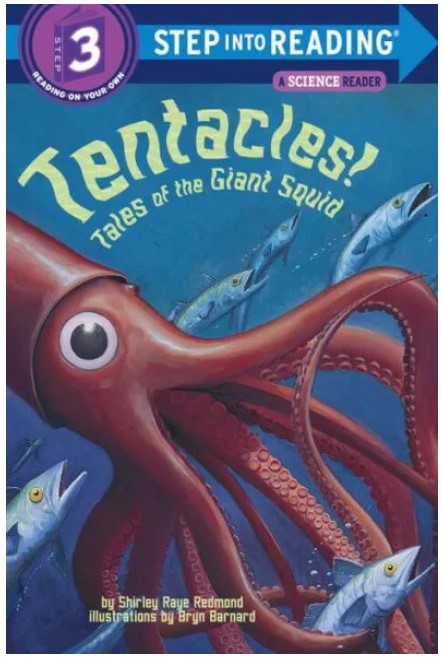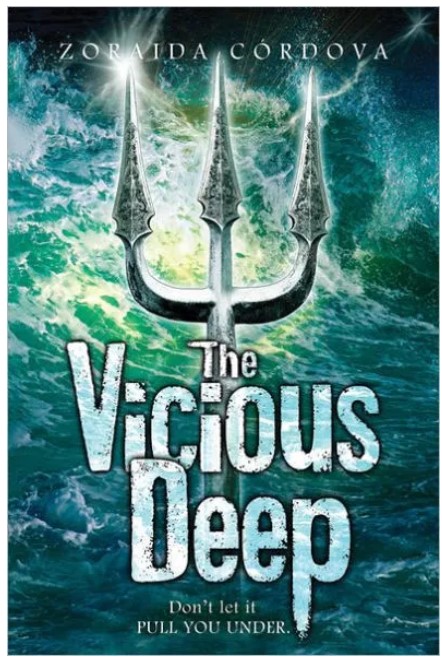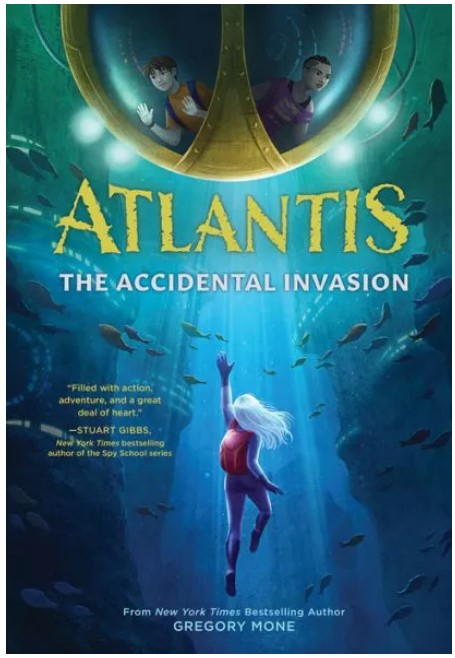After a fierce battle with Lord Morgarath, Will and Evanlyn are captured. Erak, a Skandian warrior, forces Will and Evanlyn onto a ship destined for Skandia. Erak plans to sell the two young people as slaves. When the group returns to Skandia, Will and Evanlyn are separated. Their lives are full of grueling work, freezing cold nights, and hopelessness. Will the two ever be able to find each other? And if they do, is there any chance of escape?
Halt, determined to rescue his young apprentice, purposely defies the king. Expelled from the Rangers, Halt is joined by Will’s friend Horace as he travels toward Skandia. On their way, freelance knights block their way, demanding tribute. Unwilling to pay to pass every bridge, Horace uses his combat skills to challenge the knights. Unknowingly, Horace has attracted the attention of an evil warlord, Deparnieux, who plans to kill the young knight to prove his power. Deparnieux traps Halt and Horace, taking the two captive. Halt patiently watches, trying to learn the key to defeating Deparnieux and continuing the journey towards Skandia. Will Halt and Horace free themselves in time to rescue Will?
Unlike the two previous books, The Icebound Land focuses more on the characters’ individual struggles. Even though Will is held captive, his master, Erak, soon comes to respect the boy and he recognizes that Will is an honorable warrior. Erak tries to keep the two slaves, Will and Evanlyn, together. However, Erak is unwilling to let the two free.
After Erak takes a short journey, he returns to find Will addicted to the powerful narcotic, warmweed. Erak decides to help Will and Evanlyn escape. Erak knows that Will’s death is fast approaching, and the only way to save Will is to help him escape. Erak helps Will because “a boy like that, he’s a real warrior. He may only be knee-high to a gnat, but he’s got the heart of a true Skandian.”
While Evanlyn and Will hide out in a camping cabin, Halt and Horace are fighting their own battle. As Deparnieux’s prisoners, the two are faced with countless hours of boredom and must patiently watch Deparnieux’s cruelty. Halt knows the key to their survival is patience, but how long can they watch Deparnieux terrorize and kill others?
The Icebound Land has a darker tone than the other two books because it focuses on slavery, drug addiction, and the abuse of power. Throughout the story, several people abuse their power and treat others cruelly just because they can. The slaves are not immune to this problem. One slave, who is in charge of the others, purposely gets Will addicted to warmweed because Will stopped the man from beating a young slave. Erak is the only supporting character that shows kindness, but that kindness was born out of respect for Will.
As the third installment of the Ranger’s Apprentice series, The Icebound Land has less action than the previous books. However, readers who are familiar with the main characters will want to know what happens next. The Icebound Land continues to teach the importance of not being boastful or overconfident. The story does not wrap up any of the plot points, but instead ends in a cliffhanger. Readers will want to jump into The Battle for Skandia as soon as they finish the last page of The Icebound Land.
Sexual Content
- Halt says, “I’ve heard it on good authority, that good King Duncan is not the lawful occupant of the throne. I’ve heard it said that he is, in fact, the son of a drunken privy cleaner. Another rumor has it that he was the result of his father’s fascination with a traveling hatcha-hatcha dancer.”
- Horace and Halt see a young woman who is wearing a short skirt. Later, Horace thinks about the girl. “The memory of the girl, and her shapely legs, was causing his cheeks to burn with embarrassment again.” Horace asks several questions about the girl’s dress. Halt jokingly tells Horace the girl is a messenger, who needs to be able to run when necessary and the girl cannot run in a long dress. Horace believes Halt and “for a moment, Halt regretted his deception, feeling a slight pang of guilt. . . Then, the Ranger looked at those clear blue eyes and the contented, honest face of the warrior apprentice and any sense of regret was stifled. Horace had plenty of time to learn about the seamier side of life, he thought.”
Violence
- A man named Folder “had murdered both of his parents after an argument over a horse.”
- A group of ten men try to rob a carriage. Halt sees them and intervenes. One of the men “had a brief impression of something flashing past, just in front of his nose. Then, there was an almighty jerk on the raised collar of his cloak and he found himself pinned against the carriage by a quivering black arrow that thudded into the wood.” Halt ties them up.
- Soldiers appear to arrest Halt for talking badly about the king. “As the Ranger spat out the last word, he had somehow scooped up the longbow from behind him and nocked and fired an arrow. It slammed into the wall behind the spot where the tavern keeper had been standing a second before, and buried itself deep into the wood panel, quivering still with the force of its impact.” Halt misfires another arrow and then “the corporal and his men leaped forward, swinging the short, heavy clubs that they carried, swarming over the small gray-and-green figure.”
- While traveling, knights stand on bridges and demand money from the travelers. Instead of paying to pass, Horace challenges the knight and wins. This process happens several times. For example, the first time, Horace and the other knight duel and the knight loses his lance in the first pass. During one pass, Horace’s sword “slammed into the back of the other man’s helmet with a loud, ringing clang.” Horace doesn’t kill the knight, but his sword “put a severe dent in the helmet, and the concussion of the blow went straight through the steel to the skull of the knight wearing it.”
- Evanlyn accidently spills soup on Slagor, a drunk sailor. “Slagor bellowed in pain and grabbed Evanlyn by the wrist, dragging her forward, twisting her arm cruelly so that she was bent awkwardly over the table.” Will picks up a knife, ready to kill Slagor, but Erak stops him from killing the man. After the incident, Erak reprimanded Will. “. . . Erak sent a backhanded fist crashing against the side of the boy’s head, knocking him senseless to the floor.” Will falls to the ground unconscious and has Will dragged to his living quarters.
- While working, slaves are often slapped or whipped with a leather strap.
- Will sees a slave being beaten up by another slave. “A thin, ragged boy was huddled on the ground while an older, larger youth flayed at him with a length of knotted rope. . . The boy’s face was heavily bruised, Will saw, and as he watched, a cut opened just under the smaller boy’s eye and blood covered his face.” Will grabbed the knot rope from the youth and stopped the beating.
- Erak was sent to a settlement to inquire about missing taxes. “It had to be admitted that Erak’s version of investigating consisted of seizing the unfortunate Jarl by his beard as he lay sleeping in predawn darkness. Erak then threatened to brain him with a battleax if he didn’t make a rapid and upward adjustment to the amount of tax he was paying. . .”
- An evil knight, Deparnieux, has one of his men drop a net over Horace. The net “dropped form the branches of an oak tree that overhung the road, draping itself around the head and shoulders of the boy. For a moment, Horace struggled uselessly in the folds of the net that enveloped him.” Horace and Halt are then captured and made prisoners.
- Outside of Deparnieux’s castle, metal cages hang. “Horace could make out, to his horror, that the structures were iron cages, only an arm span wide, containing the remains of what used to be men. . . The figures inside were dried-out husks, blackened and shriveled by their long exposure . . . but others were newer and the men inside were recognizable.” One man was still alive—he was put in the cage because he had laughed at Deparnieux.
- When trying to free Will, Evanlyn gives the watchman money to look the other way. The man “grabbed her by the shoulders and pulled her closer to him,” demanding more money. “Then a frown came over his face as he felt a sharp pain in his belly—and a warm trickle running down his skin from the spot where the pain was centered. . . He backed off quickly, waving at the door and cursing her.”
- A young knight appears outside of Deparnieux’s castle, challenging the man. Deparnieux killed both of the youths’ parents. As the two knights joust, “The young knight’s lance, badly positioned and at the wrong angle, shattered into pieces.” When the young knight begins to lose, Deparnieux “urged his battlehorse after him, following him relentlessly, raining blows on the sword, shield or helmet at will. Finally, there was a duller sound as Deparnieux’s sword struck a vulnerable point—the chain mail protecting the opponent’s neck.” The knight crumbles off his horse’s saddle and dies. The fight is described over two and a half pages.
- Deparnieux and Halt combat. Deparnieux rides his battlehorse, while Halt stands in the combat field. Halt shoots arrows toward Deparnieux’s eyes. Deparnieux has no problem using his shield to block the arrows. After one pass, Halt shoots an arrow at Deparnieux’s back. “. . . There was a bright flash of pain in his left shoulder. . . he realized that, as he galloped past, Halt had sent another arrow spitting at him, this time aiming for the gap in his armor at the shoulder. . . the wound was a nuisance. A painful nuisance, he amended as he felt the hot blood trickling down his armpit.”
- After another pass, Halt again shoots arrows towards Deparnieux’s eyes. As Deparnieux shields his face, “Deparnieux heard it. A dull impact of metal on metal—more a metallic thud than a ringing tone. He wondered what it was. Then he felt a small core of intense pain, a bright flare of agony, that began in his left side and expanded rapidly until it engulfed his entire body. He never felt the impact as his body hit the grassy field.” The combat scene is described over two and a half pages.
Drugs and Alcohol
- An angry slave gives Will an addictive drug called warmweed. The warmweed was used to control the yard slaves. “Warmweed addicts looked forward to nothing, planned for nothing.”
- Will becomes addicted to warmweed. When Will isn’t given the drug, “his teeth chattered and his body shook and trembled and heaved as he fell to the ground, rolling helplessly in the snow, his knees drawn up to his chest. One hand flailed uselessly at the snow, while the other was jammed firmly in his mouth.” When Evanlyn hands Will the drug, “Will seized the small handful of the gray, herblike substance with horrifying eagerness. . . his attention was totally focused on the drug and she came to realize how completely it ruled his life and his mind these days.”
- Halt goes into a tavern. He tells the tavern keeper to fill his cup. “There was just the slightest slurring of his words to remind the tavern keeper that this would be the eighth or ninth time he’d refilled the tankard with the cheap, fiery brandy-spirit. . .”
- When a group of seamen arrive at an island, they are given “brandy-spirit.” One of the men “drank half the brandy in one long gulp.” Later, Erak thinks that the man is a “useless drunk.”
- While stuck on an island, a group of Skandians “filled their time with drinking and gambling.”
- During meals, the Skandians usually drink alcohol. When Will and Evanlyn finally reach Skandia, they are taken to the dining hall where they see “nearly one hundred and fifty drunken Skandians eating, laughing and shouting at one another. . .”
- While staying at a tavern, Halt “accepted a large beaker of red wine with his meal. Horace had settled for water.” While Halt and Horace ate, the room filled with people “coming to eat or to enjoy a few jugs of wine or beer.”
- While in Erak’s private quarters, the two drink wine as they talk. Evanlyn “was beginning to relax a little and the wine sent a soft glow through her.”
- While “guests” of Deparnieux, Halt and the knight are served wine with dinner.
Language
- “Oh God” is used as an exclamation once. “My god” is used as an exclamation three times.
- Damn is used ten times, mostly in conversation. For example, Erak says, “I hate the damn drug. I’ve seen what it does to people. No one deserves that sort of shadow life.”
- In anger, Halt exclaims, “For God’s sake. . .”
- Hell is used three times. For example, when Will and Evanlyn’s skiff begins to sink, Evanlyn says, “Roll like hell!”
- Halt calls the kind a “poltroon. A coward. And a fool.”
- Several times a person is called an “idiot.” For example, when a knight is blocking Horace and Halt’s path, Halt says, “Well, I suppose I’ll have to shoot the silly idiot. . . I’ll be damned if I’ll pay tribute to every jumped-up bandit who thinks the world owes him a free living.” Halt then calls the knights who act this way “morons.”
- Evanlyn thinks Will is a “stubborn, pigheaded idiot.”
- A knight attempts to insult Horace by asking him, “. . . are you a lying Araleuen dog who barks in the gutters?” The knight then calls Horace a coward and a thief. Later, he calls Horace a “whining pup.”
- Halt calls the evil knight a swine. Later, the knight calls Halt a commoner. Halt says, “Guard your tongue, you lowborn cur!”
Supernatural
Spiritual Content
- Skandians believe that the Vallas are the three gods of vengeance. “They take the form of a shark, a bear and a vulture.” The Skandians’ king makes a “Vallasvow” to kill King Duncan’s family. Erak explains, “It’s when you hate so badly that you swear to be avenged, not just upon the person who has wronged you, but on every member of the family as well. . . It’s a death vow, of course, and it’s unbreakable. Once it’s made, if the person making the vow should ever recant, the Vallas will take him and his own family instead of the original victim’s.”
- When Evanlyn frees Will, she “prayed now that the Skandian Jarl was right, and that it was possible for an addict, deprived of warmweed, to make a full recovery.”
- After Will recovers from his drug addiction, he wakes up in an unknown place. When Evanlyn enters the room, he says, “Thank God you’re safe.”
